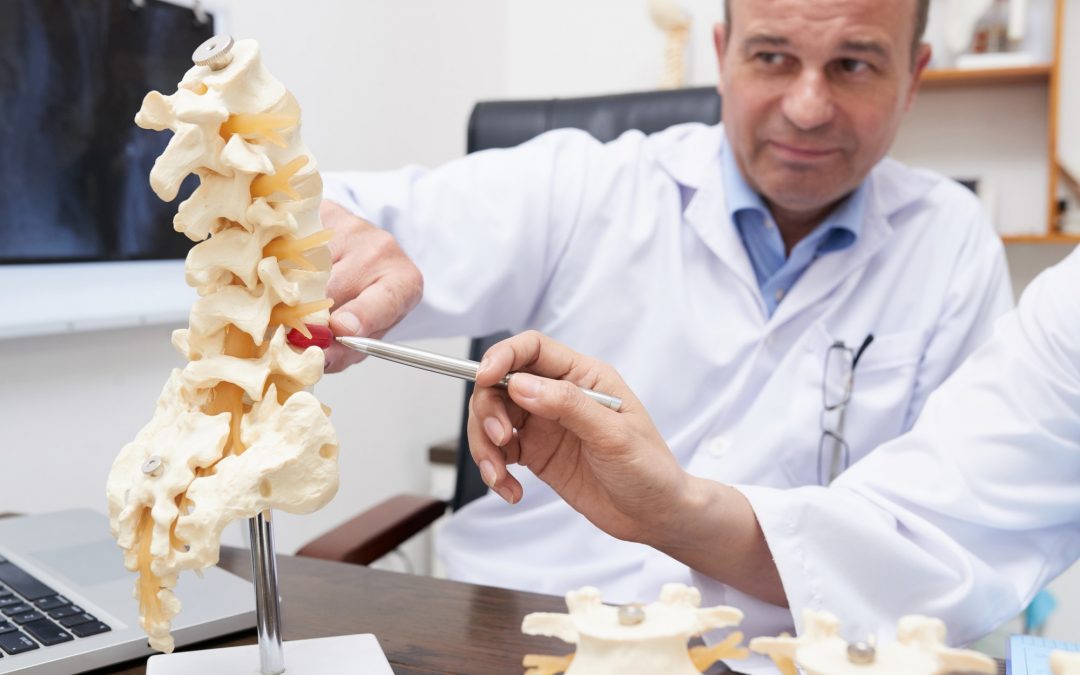Dealing with chronic inflammation? If you want to promote your health, then take the time to learn about l-arginine and inflammation.
Inflammation is a natural immune response that helps the body fight against infections, injuries, and toxins. However, when this response doesn’t go away, it results in chronic inflammation. According to studies, chronic inflammation can be detrimental to your health and plays a role in a range of conditions.
While acute inflammation can have obvious symptoms like pain and swelling, chronic inflammation is more subtle and easy to overlook. Chronic inflammation may cause mild to severe symptoms including fever, fatigue, rashes, mouth sores, chest pain, and abdominal pain.
There are various factors that may contribute to chronic inflammation such as smoking, obesity, alcohol, and chronic stress. Other factors include autoimmune disorders, long-term exposure to irritants, and untreated causes of acute inflammation.
People with chronic inflammation can experience damage to their healthy cells, tissues, and organs, resulting in tissue death and more. As a result, these conditions may lead to several diseases like heart disease, rheumatoid arthritis, asthma, diabetes, cancer, and more.
Treating Chronic Inflammation
 It’s important to manage chronic inflammation to reduce the risk of long-term damage. You can take nonsteroidal anti-inflammatory drugs (NSAIDs) like aspirin, ibuprofen, and naproxen.
It’s important to manage chronic inflammation to reduce the risk of long-term damage. You can take nonsteroidal anti-inflammatory drugs (NSAIDs) like aspirin, ibuprofen, and naproxen.
You can also use steroids to decrease inflammation such as corticosteroids, a type of steroid hormone. However, long-term use of either of these medications can cause adverse effects, so talk with your doctor about side effects.
Another treatment option you can try is using certain supplements to help reduce inflammation. Some supplements that may decrease inflammation include fish oil, lipoic acid, curcumin, and l-arginine, as well as ginger and garlic.
Inflammation and Diet
Besides medication and supplements, you can focus on eating certain foods to help alleviate inflammation. For example, fruits (cherries, blueberries), nuts, fatty fish (salmon, mackerel), leafy greens (kale, spinach), and olive oil have anti-inflammatory properties.
In addition to eating certain types of foods, you should eliminate foods from your diet that increase inflammation. These include refined carbohydrates (white bread, pastries), fried foods (french fries), red meat, and processed meat (hot dogs, sausage).
L-arginine and Inflammation
 According to studies, l-arginine supplements can help prevent inflammation of the digestive tract in premature infants. This is specifically helpful for premature infants who have necrotizing enterocolitis (NEC), a serious intestinal disease.
According to studies, l-arginine supplements can help prevent inflammation of the digestive tract in premature infants. This is specifically helpful for premature infants who have necrotizing enterocolitis (NEC), a serious intestinal disease.
While more research is necessary, l-arginine may also help with symptoms of painful bladder syndrome (interstitial cystitis). Finally, early studies suggest that l-arginine may help with swelling and sores inside the mouth.
If you’re dealing with inflammation issues, try L-arginine Plus on a daily basis as a way to promote your health. Through its combination of l-arginine and key vitamins, it works to give your heart and overall health the support it needs.

